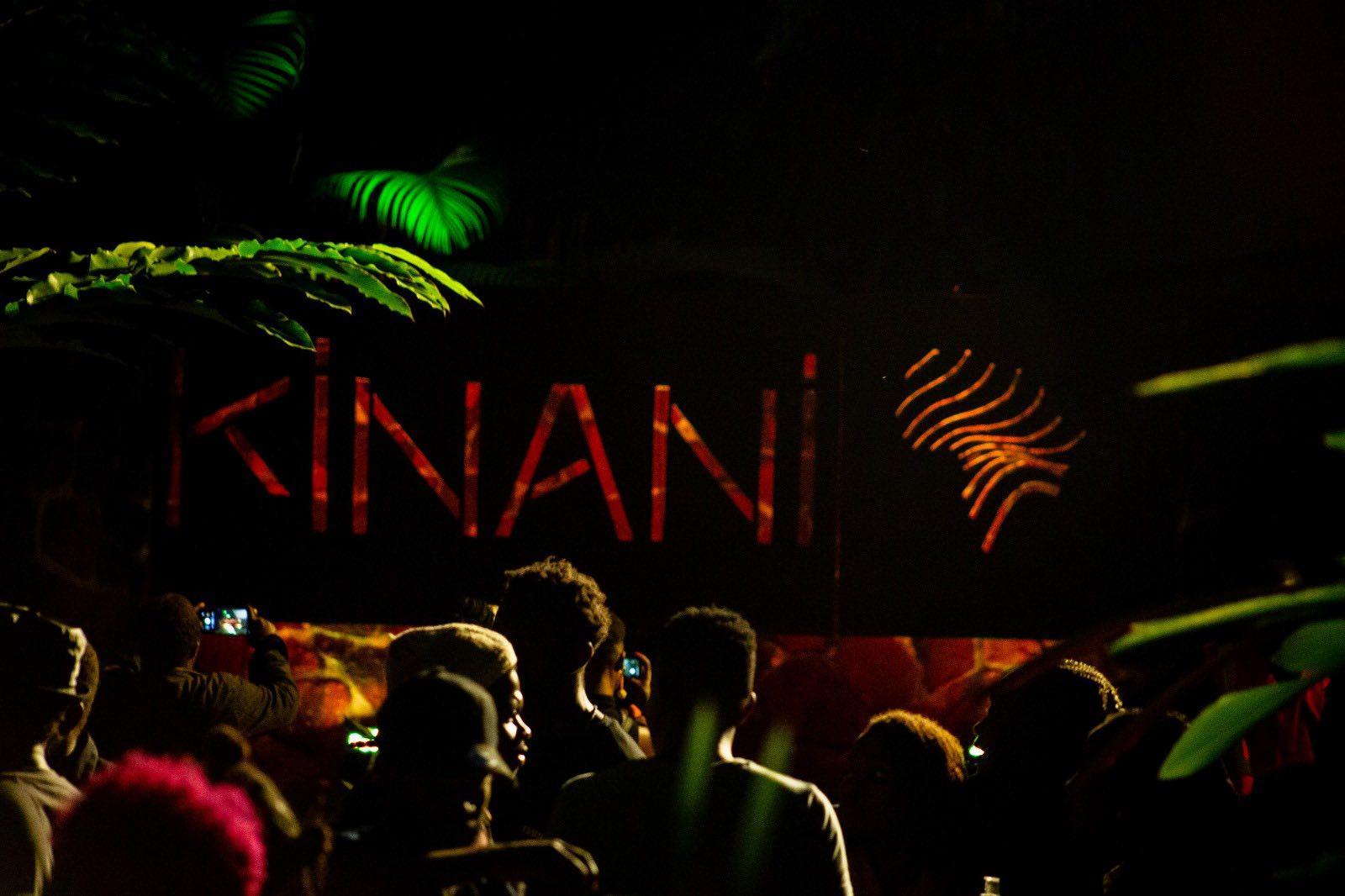Africa-Press – Mozambique. The Mozambican contemporary dance platform Kinani will ‘occupy’ the chapel of the São Francisco Xavier (Ronil) Cemetery in central Maputo to mark 20 years of activity, also promising a “world premiere” in Polana Caniço, on the outskirts of the capital, alongside dozens of performances and multidisciplinary events during this edition of the Maputo Contemporary Dance Festival, taking place from 24 to 30 November—an international biennial that ranks among the major contemporary dance events on the African continent.
“We will hold a world premiere in the Polana Caniço neighbourhood, which is no small thing; it is significant because the dynamic between the outskirts and the centre becomes much more active. That is the big news,” Idio Chichava, Kinani’s technical coordinator, told Lusa, referring to the premiere of ‘Herd/Less Walking on Tin Shells’, by South African choreographer Mamela Nyamza.
For the first time, the dance festival, running from 24 to 30 November, will also take place in the chapel of the now-closed cemetery of São Francisco Xavier Cemetery (Cemitério da Ronil) in Maputo city, transforming the space into a performance stage.
The performance ‘When Birds Sing of Loss…’ by Ane Iselin Brogeland from Norway will take place in the cemetery chapel on 27 November, a day that will also feature four other presentations in venues across Maputo, including ‘The Substitutes’ at Casa Velha by Mozambican Isabel Jorge, and ‘Echo, Hollow, Trapped in the Chest’ at Correios de Moçambique by Brazilian Maria Emília Gomes.
For Idio Chichava, the 11th edition of Kinani, which means “dance” in a local Mozambican language, will be “very bold,” bringing together national and international artists, curators, and art lovers, while also serving as a space for creative dialogue and reflection on social challenges through dance.
The programme features eleven national and ten international companies, marking a record presence of Mozambican groups.
Performances and public presentations are scheduled to take place at Jardim Tunduro, Ronil [São Francisco Xavier] Cemetery, Cine África, Correios de Moçambique, the Franco-Mozambican Cultural Centre (CCFM), Pirikitas Gallery, Projecto Utopia, Teatro Avenida, the Polana Caniço neighbourhood, and the ‘4o Andar’ of an abandoned building opposite the Mozambican Ministry of the Interior.
“We have really created an open-door relationship […]. Today, after 20 years, Kinani is established as an important platform in the dance world, in the dance club, across Africa, Asia, and Europe,” said the coordinator, while lamenting the “very high” logistics and investment required to hold the event.
The Kinani biennial “has lived with financial difficulties for 20 years,” said Idio Chichava, noting that “even without money,” the festival continues thanks to the help of various artists.
“We use spaces that require very high logistics and investment. But even so, even without money, we manage [to sustain Kinani] with the help of many artists who come to help us clean the spaces, to help organise the spaces, and that becomes a relief in what is our logistical management,” he emphasised.
According to the technical coordinator, sustainability continues to rely on direct contributions from artists, considering the “collective sacrifice” that makes the edition viable, and the event counts on partnership with the French Embassy through the French Institute.
Artistic director Quito Tembe highlighted the biennial’s role as an international market that will “promote and sell artistic works” and described contemporary dance as one of the arts that currently employs the most people and has “the most internationalisation worldwide.”
“We need the State or Government to give a bit more assistance, not only to this biennial but to all other festivals,” said Tembe, calling for recognition.
The 11th edition of Kinani also includes debates, reflection sessions, and exhibitions at Casa Velha, in the capital of this African country, including a retrospective video showing 20 years of Mozambican contemporary dance.
“This is a biennial for the inhabitants of this city of Maputo. This biennial is no longer ours. I think it belongs more to those who live in this city,” noted Quito Tembe, urging public engagement.
“We have shows here that are world premieres, and these African artists chose to premiere their major projects here in Mozambique. So we are privileged to have these shows premiering here,” he concluded.
A post shared by Mamela Nyamza (@mamelas_artistic_movement_)
A post shared by Ane Iselin Brogeland (@aneiselin)
For More News And Analysis About Mozambique Follow Africa-Press






